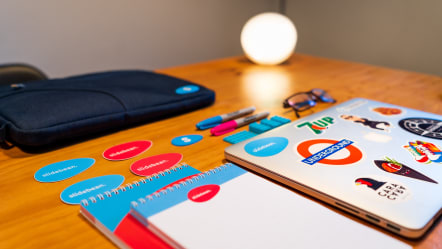How You Can Become an Understander & Facilitator at Work

In a world of increasing opportunity, economic mobility and openness, companies are learning (many of them the hard way) that diversity is not only good for employees, but also for business. As companies push to create environments where diverse groups of employees feel comfortable and supported, other employees-often referred to as "facilitators"-play a key role, if not the most important role, in the entire process.
Never assume anything ahead of time
Making assumptions about a person's ethical background, sexual orientation, gender, etc. is a surefire way to make them feel alienated.
This also applies to assumptions about whether a person wants these things shared with the rest of the workforce. If a colleague confides in you about something - whether it's sexuality, gender, a mental illness or something else - don't assume they want everyone to know.
Listen and learn
It can be tempting to assert your own opinions and strategies when someone is talking to you about something - and it might feel like you're helping. Part of being a good facilitator is understanding that what works for one person may not necessarily work for another. When you really listen to the other perspective, you can not only understand them better, but also be a better facilitator for others.
When you are done listening, use those insights to support that person in the future. This doesn't necessarily mean talking openly about what they shared with you, but rather helping to create an environment in which they feel more comfortable.
Be the bridge
If you want to become a better facilitator, develop a deeper understanding of the similarities between colleagues of all colors, mental states, sexualities, etc.
Employees can feel isolated when they feel that the people around them aren't even trying to understand their perspective - but as an ally, you're in a unique position to build bridges between colleagues based on commonalities. For example, two people of different races and sexualities may assume they have nothing to talk about - but if you know they both recently had children you may be able to spark a conversation (and maybe even a friendship).
Be aware that you are not perfect
Especially if you've just started being an ally, it's important to be open to the fact that you don't know everything - and apologize if you make a misstep. Generally, people will appreciate it and even take the opportunity to help you learn.














